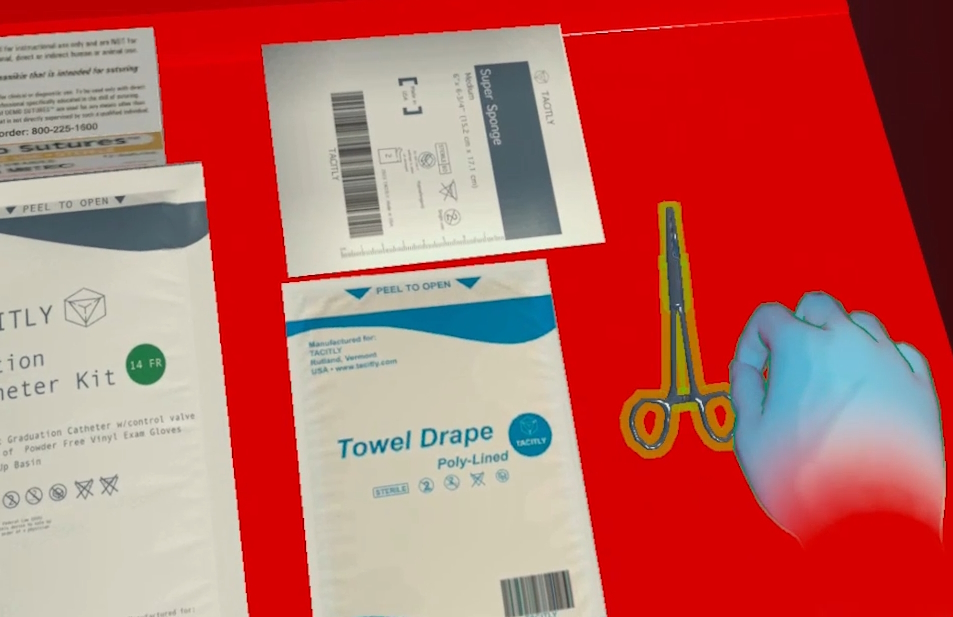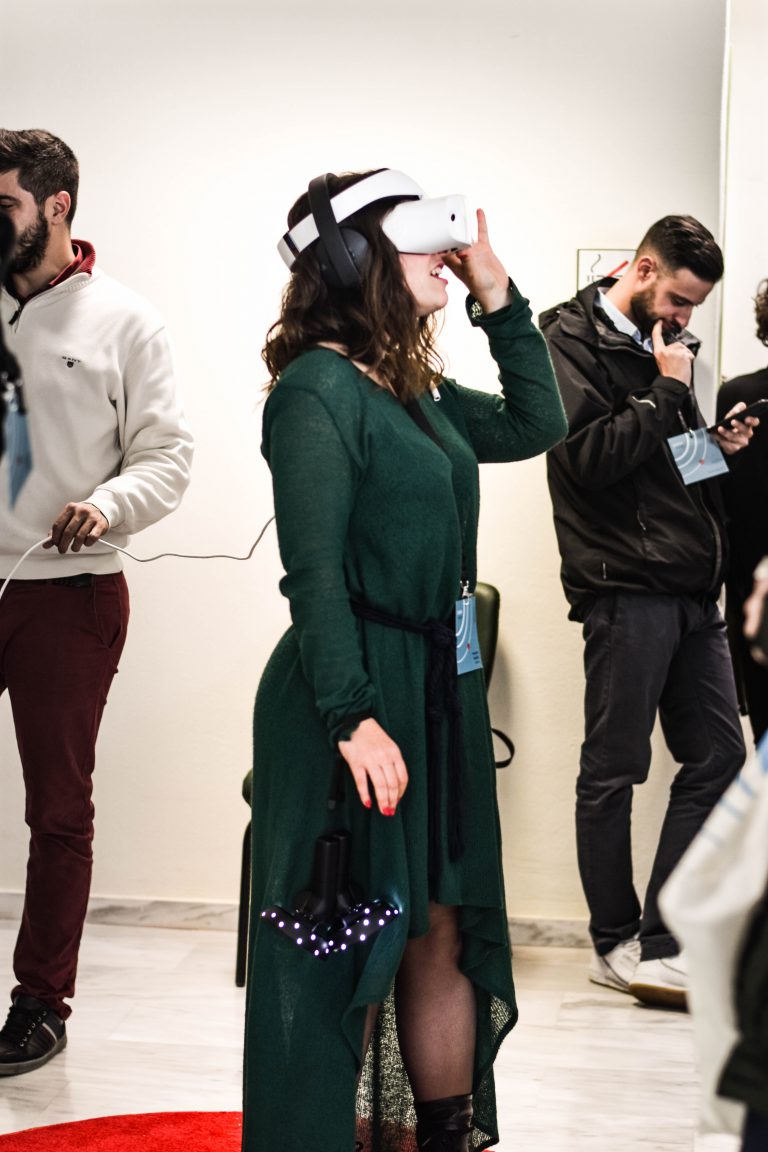A Rutland Startup Created a Virtual Reality Tool to Train Nurses in Emergency Responses
Source: VTDigger
Jeff Dejarnette started his company last year after a mentor, Kalow Technologies founder Rick Gile, introduced him to his granddaughter-in-law, a traveling nurse.
She told him about some of the training challenges traveling nurses face. That’s when he first learned about a code cart, a piece of equipment introduced in the most vital moments of a patient’s hospitalization.
The code cart, also known as a crash cart, is wheeled into an emergency room to save a patient’s life. It contains instruments for cardiopulmonary resuscitation and other medical supplies. The carts enable medical personnel to save time in an emergency, thereby increasing the chance of saving a patient’s life.
However, each hospital configures the carts in a different way, which means that every time traveling nurses arrive at a new hospital, they need to learn the new configuration, Dejarnette said.
“There’s no standardization,” he said. “And there’s different types of code carts, like adult, neonatal, pediatric, so that makes it harder to learn them.”
“If we could get people familiar, especially with code blue situations, and train in a comfortable environment, then they’ll be more prepared,” he said. “They’d be less likely to make medication errors.”
If virtual training on crash carts could reduce cardiac arrest deaths by 5%, he estimated that 10,000 lives a year could be saved in the United States.
With this goal the business tacitly.com was created to develop virtual reality- based training for crash carts.
Read the full story here.






